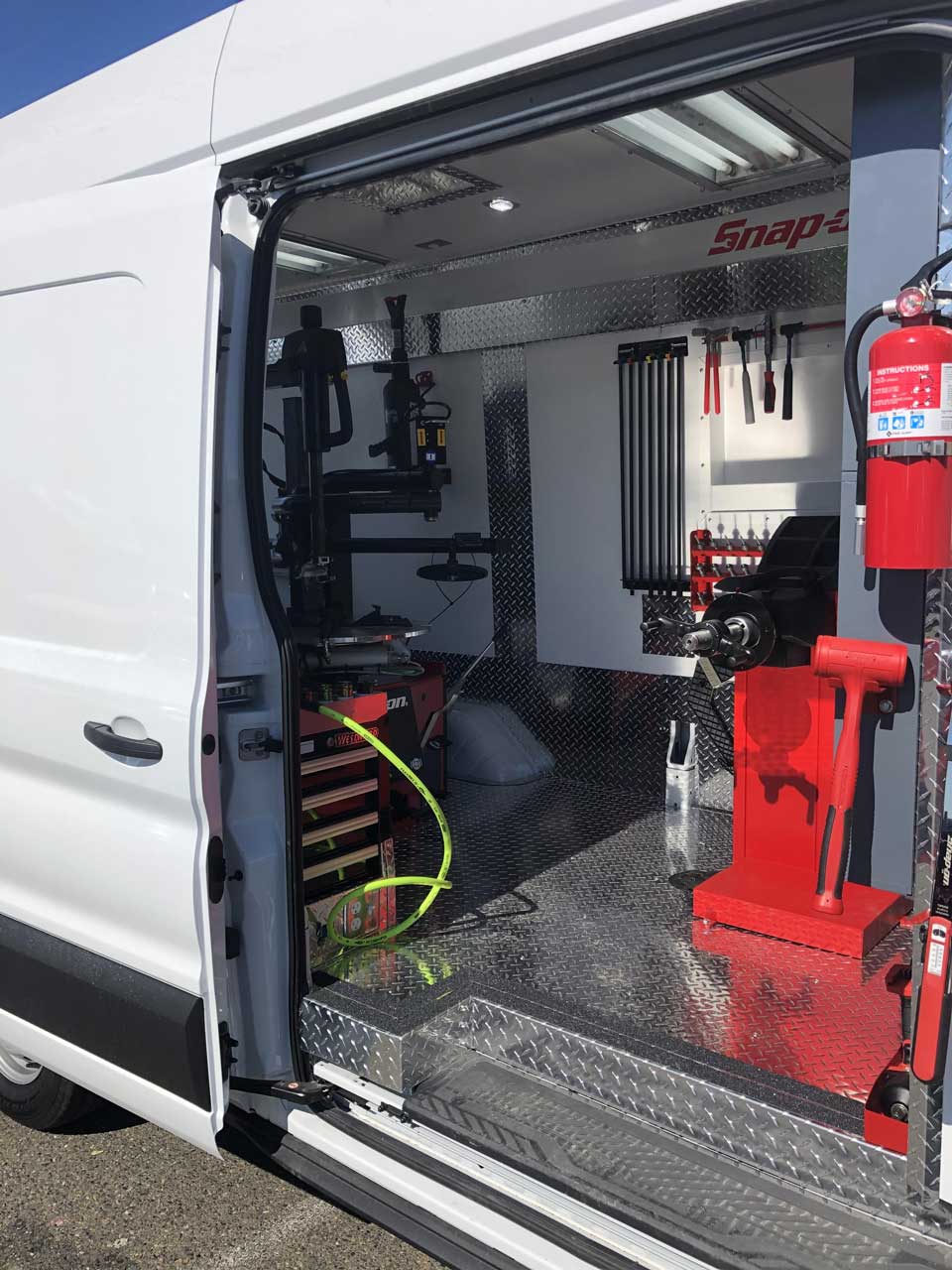Drive with Confidence: GMC Tires Service at Morris Tires
Drive with Confidence: GMC Tires Service at Morris Tires
Blog Article
Tire Service: The Effect of Weather Condition Conditions
When it comes to making certain optimum efficiency and safety on the road, understanding the effect of weather on tire service is vital. From scorching heat to icy roads, each weather condition component can substantially affect tire performance and total driving experience. By diving into the results of differing weather on tires, motorists can get useful insights that might enhance their vehicle's efficiency and long life. In this discussion, we will certainly discover the elaborate connection between weather condition conditions and tire solution, shedding light on the relevance of weather-specific tire maintenance practices and factors to consider.
Warmth and Tire Efficiency
When exposed to heats, tires experience modifications in efficiency that can substantially influence lorry safety and security and handling. The warmth produced from extended driving or hot weather condition problems triggers the tire rubber to soften, leading to reduced tread life and boosted wear. As the rubber becomes softer, the tire's grip on the road reduces, impacting stopping distances and general traction. In extreme cases, extreme warm can even cause tire blowouts, presenting a serious safety and security threat to the vehicle and its residents.

Cold Weather Effects
Cold weather condition problems can have a significant effect on tire efficiency and security. As temperatures decrease, tire rubber can solidify, resulting in decreased traction on icy or snow-covered roads. In winter, tires might likewise lose air stress extra swiftly, which can influence dealing with and fuel effectiveness. In addition, chilly temperature levels can cause tire sidewalls to stiffen, boosting the danger of damages from splits or various other roadway dangers.
To minimize the results of winter on tires, it is critical to routinely inspect tire pressure and inflate them to the manufacturer's recommended degrees. Using winter or all-season tires made for cool weather problems can likewise improve traction and grasp on icy or snowy roadways. Correct tire upkeep, including regular evaluations for wear and damages, ends up being much more essential during chillier months to guarantee optimal performance and security.
Rainy Issues Impact
Tires with damaged footsteps are a lot more susceptible to hydroplaning, where a layer of water constructs up between the tire and the road surface area, leading to loss of traction. To combat this, chauffeurs need to on a regular basis examine their tires for adequate step depth and consider investing in tires particularly developed for wet conditions.
In addition, rainy weather condition can also lower exposure, making it challenging for drivers to see the road in advance clearly (GMC Tire Service). In such conditions, it is vital to change driving speeds appropriately and keep a secure complying with range check over here to enable unexpected quits. Properly filled with air tires can additionally aid in preserving control on damp roads by providing far better handling and grip
Snow and Tire Safety And Security
When driving in snowy problems, having the appropriate tires can make a significant difference in security and efficiency. Winter months tires are created with special rubber compounds and walk patterns to provide better traction on snow and ice compared to all-season tires.

Furthermore, motorists must take into consideration installing tire chains in extreme snowy problems. Tire chains supply extra traction by gripping the snow and ice, enhancing security and control. However, it is necessary to follow producer guidelines when mounting and utilizing tire chains to avoid damages to the tires and car. By choosing the best tires, maintaining correct rising cost of living, and taking into consideration extra traction help like tire chains, motorists can boost their safety when browsing snow-covered roads.
Weather-Related Tire Maintenance
Weather-related tire upkeep encompasses a range of practices aimed at making certain optimum tire function and long life in different weather situations. One key facet of weather-related tire maintenance is tire stress guideline. Examining tire walk consistently and changing tires when walk wear reaches a specific depth is vital for preserving traction and security Bonuses in damaging climate.
Verdict
In verdict, weather problems have a significant effect on tire performance and safety. From heat impacting tire stress and put on read this article to cool weather condition minimizing traction, it is essential to take into consideration the climate when preserving and using tires.
In this discussion, we will certainly discover the complex partnership in between climate problems and tire solution, shedding light on the value of weather-specific tire upkeep practices and factors to consider.

Report this page